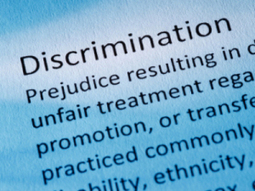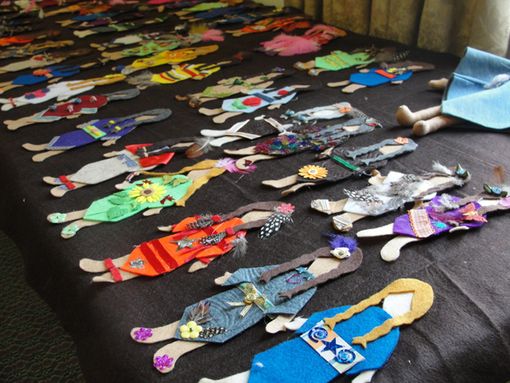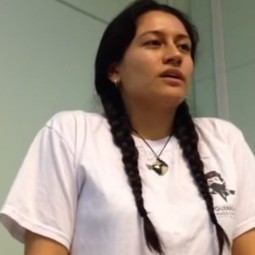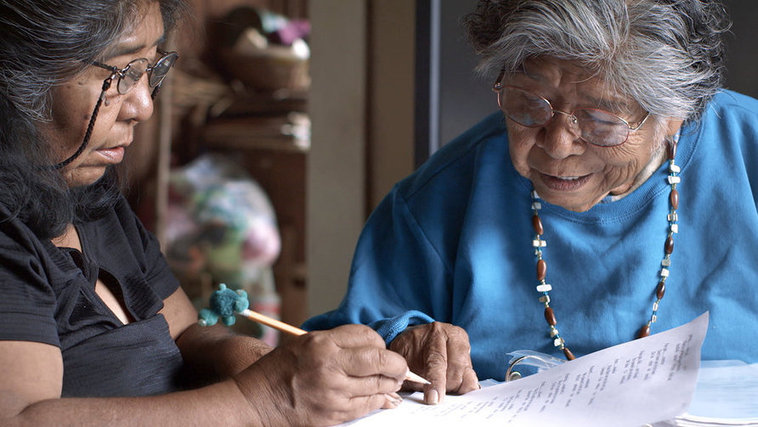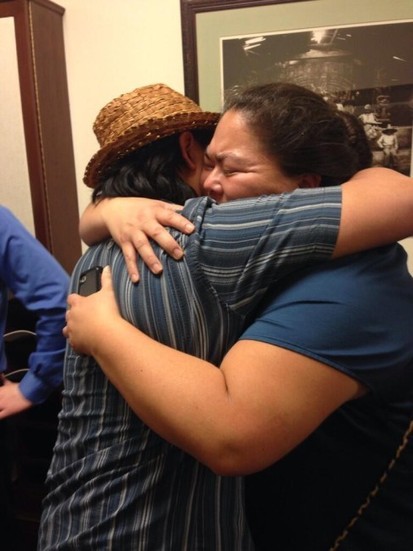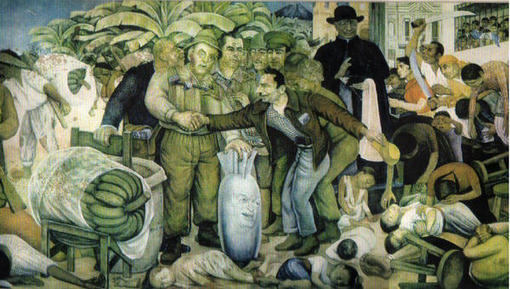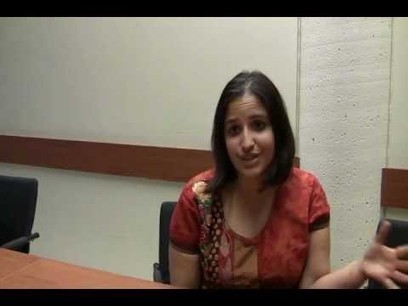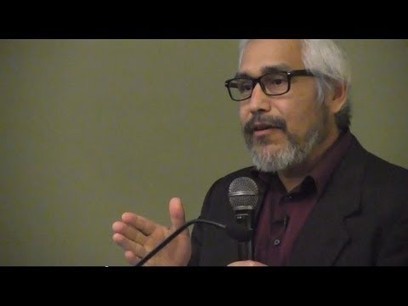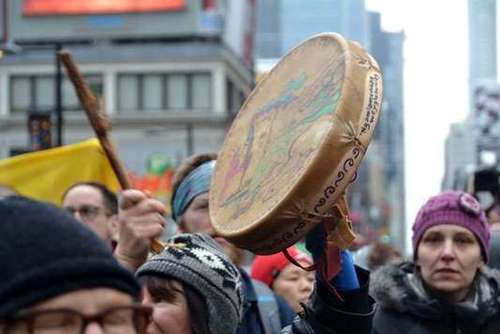
“I was interested in what their life was like,” Shah says. So in addition to the quantitative chart, they also did a qualitative analysis interviewing 20 people close to the deceased.
“I went to a residential school and the things that happened there – I can’t even talk about…that’s why I drank so much. I just couldn’t be a father,” said one of the people interviewed about what a deceased said.
“I really think it’s like a broken heart syndrome. It was [the deceased’s] loneliness for his true identity, like not knowing anything about who his people are because his family and his parents and his traditions were all lost,” said another.
The report shows much of the causes lie in the history of colonization, marginalization, discrimination and racism. Shah adds everything from treaties to the Indian Act result in losing cultures, languages and a way of living. Many of the deceased had a lack of housing, education and stable employment. This manifests in different ways such as finding happiness elsewhere such as drugs and alcohol.
“I call this a delayed tsunami effect,” says Shah. He suggests the only way to solve the problem is with an upstream approach of more housing and employment opportunities. “People have to have a sense of identity and empowerment.”
The report also suggests an increase in partnerships with the Aboriginal community and cultural competency training.
He says our policies are “screwed up” because most of us non-Aboriginals don’t know anything about Aboriginal issues and as a result there is no empathy. A lot of people don’t understand how some people can’t get a job or rent an apartment and this creates an empathy gap.“
Community Village‘s insight:
See on onkwehonwerising.wordpress.com


